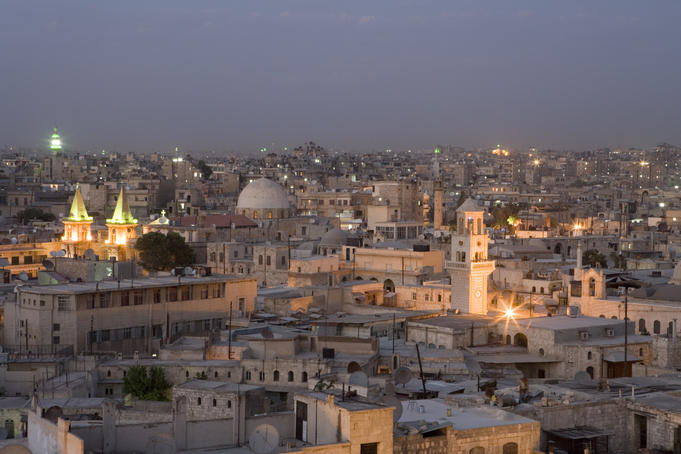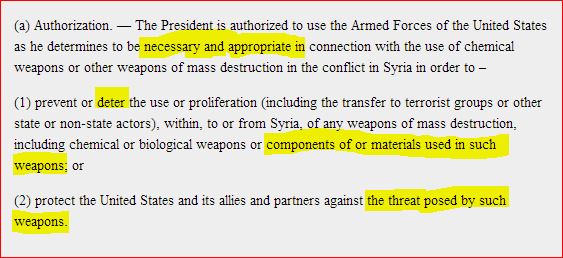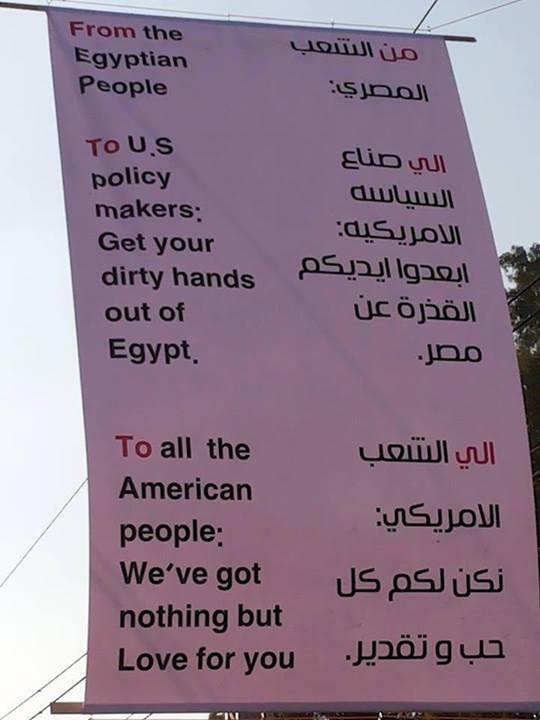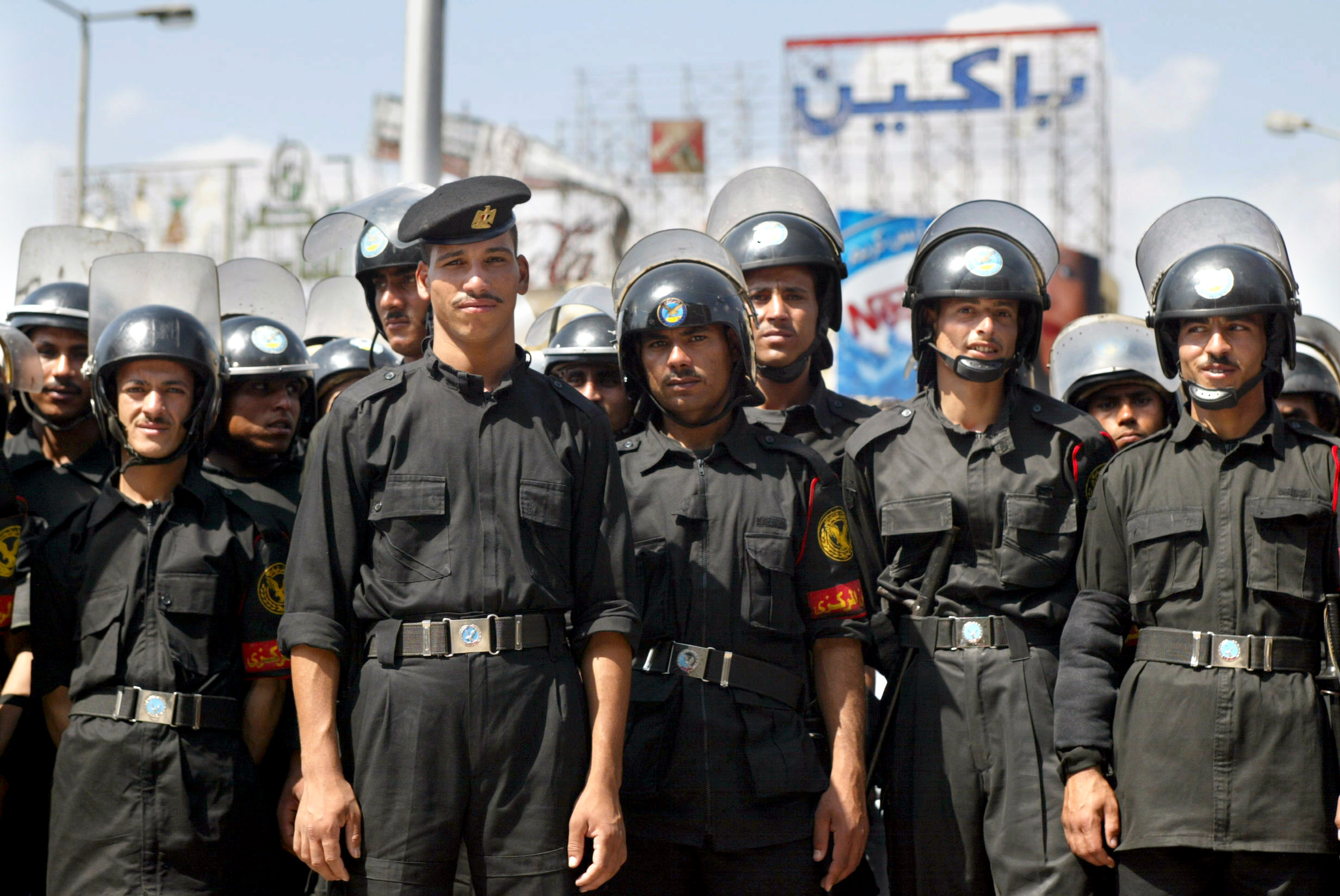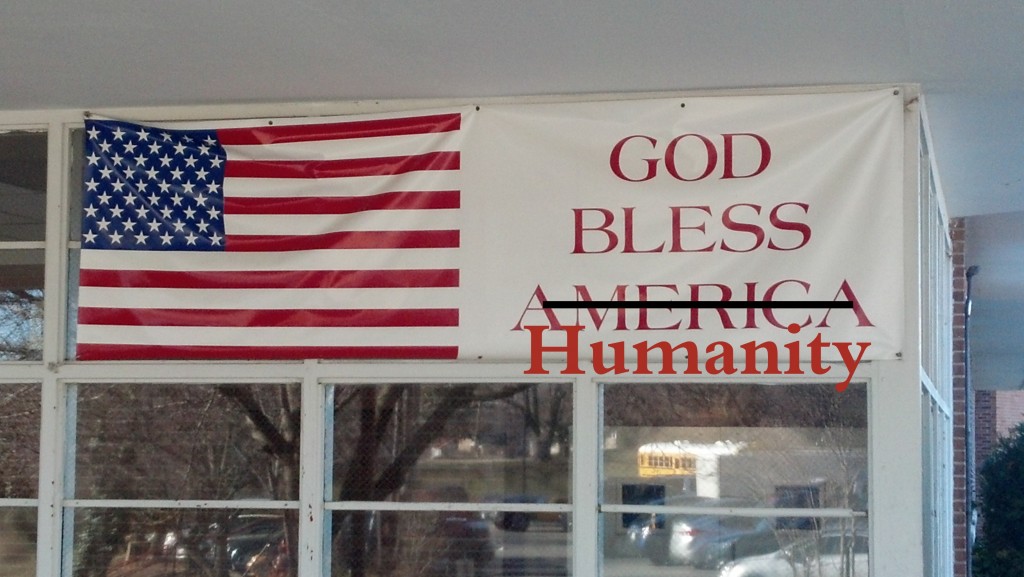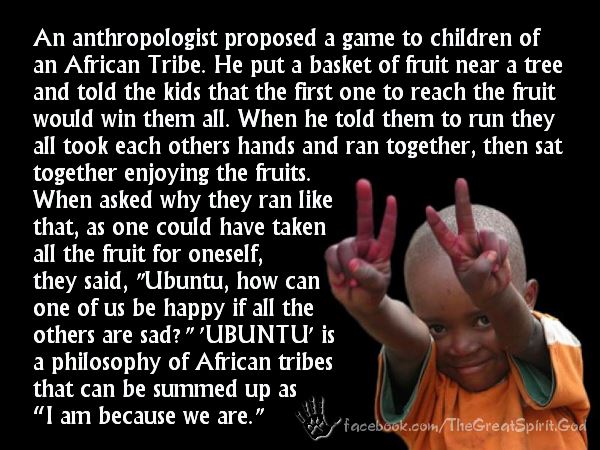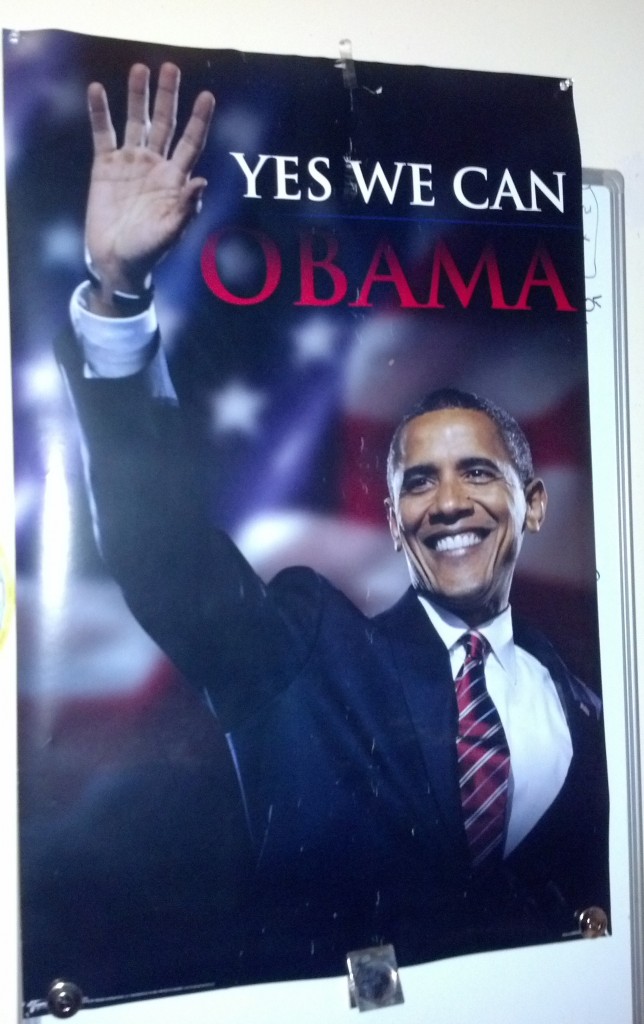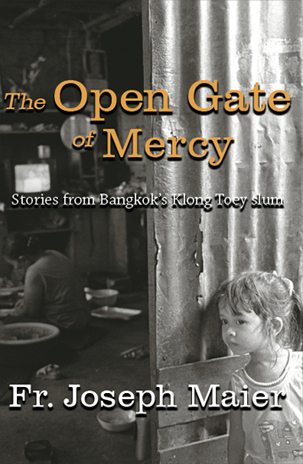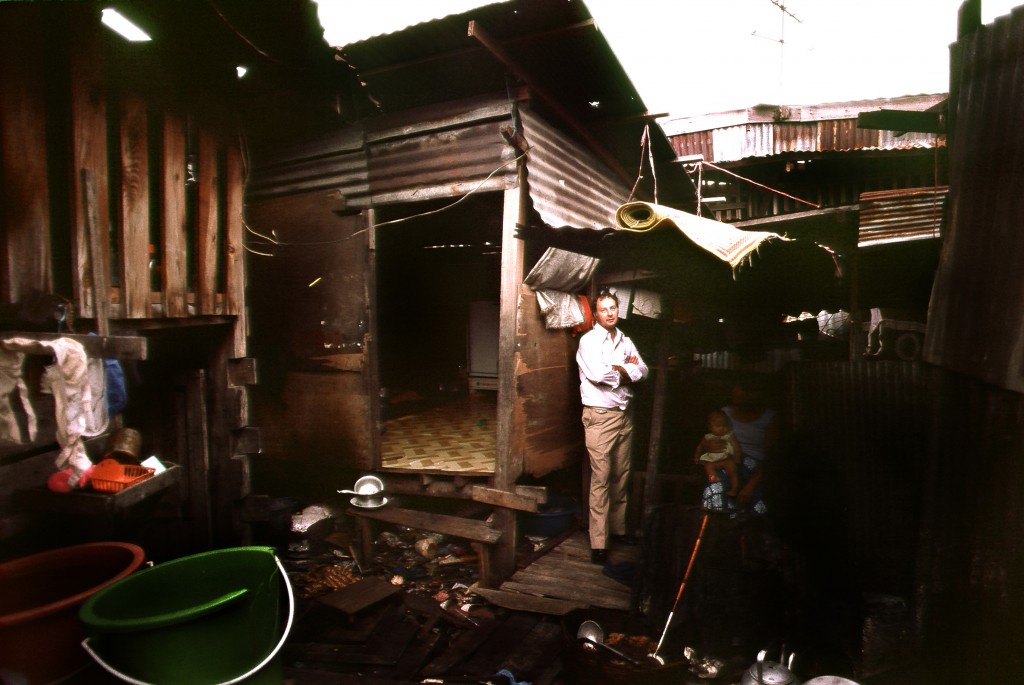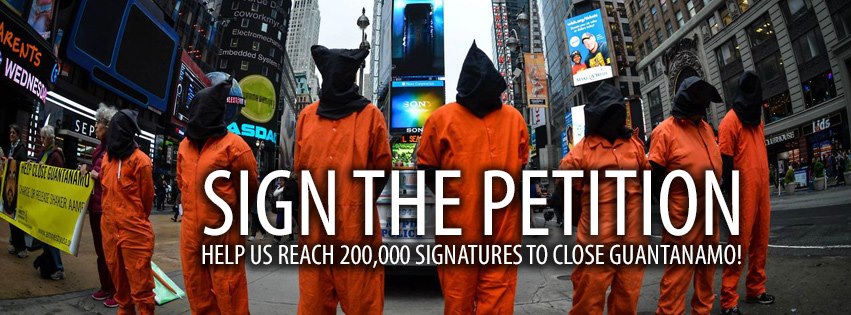
Sign here: http://goo.gl/U4HOm
Sign petition HERE.
Why you ask? Isn’t “Guantanamo” part of Washington’s war on terror? Don’t its prisons keep us safe?
[Insert here your favorite head-shaking, mouth-agape emoticon with befuddled expression.]
The “War on Terror” is terror. Terror today for innocent people targeted by Washington’s blatant violation of due process. Read Jill Lepore’s excellent New Yorker article (below), “The Dark Ages,” to learn more.
So why should you sign the petition (click HERE) to close Guantanamo? For your kids. The abuses in the so-called war on terror are creating terror and terrorists for future generations. Built into the “war” by its brilliant, wealthy military industrialists is perpetual warfare. Pretty smart, huh?
As is, we will never experience peace.
Please sign. It’s a start.
The New Yorker
March 18, 2013
The Dark Ages: Terrorism, counter-terrorism, and the law of torment.
BYLINE: Jill Lepore
SECTION: FACT; A Critic At Large; Pg. 28 Vol. 89 No. 5
On November 13, 2001, George W. Bush, acting as President and Commander-in-Chief, signed a military order concerning the “Detention, Treatment, and Trial of Certain Non-Citizens in the War Against Terrorism.” Under its provisions, suspected terrorists who are not citizens of the United States were to be “detained at an appropriate location designated by the Secretary of Defense.” If brought to trial, they were to be tried and sentenced by a military commission. No member of the commission need be a lawyer. The ordinary rules of military law would not apply. Nor would the laws of war. Nor, in any conventional sense, would the laws of the United States. In the language of the order, “It is not practicable to apply in military commissions under this order the principles of law and the rules of evidence generally recognized in the trial of criminal cases in the United States district courts.”
“You’ve got to be kidding me,” Attorney General John Ashcroft reportedly said when he read an early draft, in which members of the commissions, as well as attorneys for both the prosecution and the defense, were to be selected by the Secretary of Defense. As Jess Bravin, the Wall Street Journal’s Supreme Court correspondent, reports in “The Terror Courts: Rough Justice at Guantánamo Bay,” Ashcroft expected the prosecution of people involved in 9/11 to be handled criminally, by his department, as had been done, successfully, with earlier terrorism cases. Other senior advisers had not been consulted. Condoleezza Rice and Colin Powell learned that Bush had signed the order only when they saw the news reported on television. In the final draft, the Department of Justice was left out altogether. Suspected terrorists could be imprisoned without charge, denied knowledge of the evidence against them, and, if tried, sentenced by courts following no previously established rules.
“Now, some people say, ‘Well, gee, that’s a dramatic departure from traditional jurisprudence in the United States,’ ” Vice-President Dick Cheney said the next day, “but there’s precedent for it.” Furthermore, “We think it guarantees that we’ll have the kind of treatment of these individuals that we believe they deserve.”
This all happened not very long ago, but it can seem like something from another age. Beginning in the fall of 2001, hundreds of men were taken into custody and interrogated, all around the world, but especially in Afghanistan, where the U.S. military dropped flyers offering, in exchange for information about men with ties to Al Qaeda and the Taliban, bounties of millions of dollars. “This is enough money to take care of your family, your village, your tribe for the rest of your life,” one flyer read. Detainees later said that they were sold for between five thousand and twenty-five thousand dollars. (The average annual income in Afghanistan at the time was less than three hundred dollars.) The flyers fell, Defense Secretary Donald Rumsfeld said, “like snowflakes in December in Chicago.”
Lakhdar Boumediene was arrested in Sarajevo. Boumediene, a thirty-five-year-old native Algerian, had once worked at an orphanage in Pakistan run by an organization whose leader had ties to at least one member of Al Qaeda. In 2001, Boumediene was living in Bosnia with his wife and two young daughters, and working as a director of humanitarian aid for the Red Crescent, a Red Cross affiliate. He was charged with plotting to bomb the U.S. and British Embassies. A Bosnian court, finding no evidence of this, dropped all charges and released him. Boumediene was then taken into American custody. Meanwhile, the Bush Administration prepared a document defining the procedures by which the military commissions would operate. In lieu of rights, the term of art was “Procedures accorded to the Accused.”
There remained the question of where to imprison the men. Sending them to Leavenworth and reopening Alcatraz were both considered but were rejected, because holding suspected terrorists on American soil might allow them to appeal to American courts and U.S. law. Diego Garcia, an island in the Indian Ocean, was considered, too, but it is a British territory, and therefore subject to British law. As Jonathan M. Hansen explains in “Guantánamo: An American History,” the U.S. naval base, which occupies forty-five square miles on the southeastern end of Cuba, is an imperial leftover, a Cold War discard, a remnant. As a matter of sovereignty, it isn’t part of Cuba, and it isn’t part of the United States. It’s one of the known world’s last no man’s lands, an island out of time, a place without a state. Haitian refugees held there in the nineteen-nineties, pleading that their forced repatriation would be unlawful, brought their case to the Supreme Court, which ruled, 8-1, that, absent congressional action, people held at Guantánamo had no recourse to U.S. refugee laws. The case influenced John Yoo, the Bush Administration lawyer whose interpretation of American and international law lay behind the Administration’s counterterrorism policy. Guantánamo, one Administration official said, was the “legal equivalent of outer space.”
The selection of Guantánamo as the place to imprison men captured in the “global war on terror” was announced on December 27, 2001. The Administration’s attention then shifted from the prisoners’ detention to their treatment. On January 9, 2002, Yoo and a colleague submitted to the general counsel of the Department of Defense one of the first of what came to be called the “torture memos.” In the January 9th memo, Yoo concluded that international treaties, such as the Geneva Conventions, “do not apply to the Taliban militia,” because, although Afghanistan had been a party to the Geneva Conventions since 1956, it was a “failed state”; moreover, international treaties “do not protect members of the al Qaeda organization, which as a non-State actor cannot be a party to the international agreements governing war.”
Two days later, the first twenty prisoners, shackled, hooded, and blindfolded, arrived at Guantánamo. Their names were not released. They were confined in Camp X-Ray, which you could see right through: its eight-by-eight-foot, concrete-floored cages were made of chain-link fence, and the floodlights were never turned off. More camps were soon built to house more prisoners, eventually seven hundred and seventy-nine, from forty-eight countries. They weren’t called criminals, because criminals have to be charged with a crime. They weren’t called prisoners, because prisoners of war have rights. They were “unlawful combatants,” who were being “detained,” in what the President called “a new kind of war,” although, really, it was very old.
The military order, the location of the prison, and the memos all evaded a variety of legal instruments designed to protect prisoners from torture. But another obstacle remained: the Convention Against Torture and Other Cruel, Inhuman or Degrading Treatment or Punishment, a treaty that the United States had signed in 1988 and ratified in 1994. This objection was addressed in August, 2002, in a fifty-page memo to the White House counsel Alberto Gonzales-signed by the Justice Department’s Jay S. Bybee but reportedly drafted by Yoo-which attempted to elaborate a distinction between acts that are “cruel, inhuman, or degrading” and acts that constitute torture. “Severe pain,” a threshold for torture, was defined as pain like that associated with “death, organ failure, or permanent damage resulting in a loss of significant body function.” (“If the detainee dies, you’re doing it wrong,” Jonathan Fredman, the chief counsel for the C.I.A.’s counterterrorism center, advised, according to meeting minutes later released by the Senate Armed Services Committee.)
Methods described in the torture memos include stripping, exposure to extremes of temperature and light, false threats to family members, and the use of dogs. Lakhdar Boumediene, who arrived in Guantánamo on January 20, 2002, said that, in one sixteen-day period, he was questioned night and day. (“I was kept awake for many days straight,” he later wrote. “I was forced to remain in painful positions for hours at a time. These are things I do not want to write about; I want only to forget.”) In the memos, these techniques have names like “Fear Up Harsh” and “We Know All,” and are daubed with the greasy paint of the bureaucrat. “Sleep Adjustment” is “adjusting the sleeping times of the detainee (e.g., reversing sleep cycles from night to day). This technique is NOT sleep deprivation.” Waterboarding: “the individual is bound securely to an inclined bench, which is approximately four feet by seven feet. The individual’s feet are gently elevated. A cloth is placed over the forehead and eyes. Water is then applied to the cloth in a controlled manner. As this is done, the cloth is lowered until it covers both the nose and mouth.” In this fashion, “water is continuously applied from a height of twelve to twenty-four inches,” so that the individual experiences the sensation of drowning. After a break of three or four breaths, “the procedure may then be repeated.”
Many of these forms of torment, including subjecting prisoners to stress positions, sleep disruption, semi-starvation, and extreme cold, came from a 1957 study, conducted by the Air Force, called “Communist Attempts to Elicit False Confessions from Air Force Prisoners of War.” It was an investigation of interrogation methods used by Chinese Communists, who tortured American prisoners during the Korean War. Bush’s top security advisers, including Rice and Powell, were consulted about what the White House called “enhanced interrogation techniques.” Powell objected to defying the Geneva Conventions. Ashcroft urged discretion. “Why are we talking about this in the White House?” he is said to have asked at one meeting, warning, “History will not judge this kindly.”
The spread of such torture around the world is the subject of “Habeas Corpus After 9/11: Confronting America’s New Global Detention System,” by Jonathan Hafetz, who teaches at Seton Hall, and of “The Guantánamo Effect,” which is based on interviews with sixty-two former detainees, conducted by Laurel E. Fletcher, the director of the International Human Rights Law Clinic, at Berkeley, and Eric Stover, the director of Berkeley’s Human Rights Center. In Afghanistan alone, procedures authorized in the torture memos were used by the C.I.A. at several sites, including a facility in Kabul known as the Dark Prison (where prisoners were not allowed to see the light) and Bagram Air Base, where, in 2002, two men were tortured to death: both died while chained to the ceiling of their cells. Eliza Griswold, writing in The New Republic, quoted a former interrogator who described Bagram as echoing with “medieval sounds.” The medieval dungeon: the scrape of shackles, the screams of agony, the groans of despair.
For a time, Americans interrogating suspected terrorists were not answerable to any rules, except those made, ad hoc, by the Bush Administration. The White House’s answer to terrorism, which is an abandonment of the law of war, was the abandonment of the rule of law.
“There’s precedent for it,” Cheney had said. In fact, the history of the trial is inseparable from the histories of evidence, torture, and punishment. An ancient form of adjudication known as trial by ordeal became commonplace after 500 A.D.; its heyday lasted from 800 to 1200 A.D. In trial by ordeal, a defendant submits to a gruelling physical test, the outcome of which is taken as a sign from God, an indication of guilt or innocence. In the end, man is judged by God alone. Trial by ordeal was practiced throughout Latin Christendom. It was a favorite device for trying traitors, slaves, and foreigners. In medieval English law, the ordeal was an appropriate trial for “the foreigner or friendless man.” It took many forms. A dispute between conflicting testimonies might be resolved by the trial of the cross: two men were ordered to stand with arms raised; he who could hold them up the longest was found to be telling the truth. Trial by fire involved grasping an iron bar. A plea was offered to God: “If this man is innocent of the charge from which he seeks to clear himself, he will take this fiery iron in his hand and appear unharmed; if he is guilty, let your most just power declare that truth in him, so that wickedness may not conquer justice but falsehood always be overcome by the truth.”
The Church’s sanction for trial by ordeal was withdrawn in 1215, by order of the Fourth Lateran Council. The legal historian John H. Langbein has argued that the abolition of trial by ordeal led to a judicial crisis: placing the fate of men in the hands of other men, rather than in the hands of God, proved to be a difficult adjustment. In Continental Europe, trial by ordeal was replaced by judicial torture: torture authorized by the court for the purpose of gathering evidence that could achieve a state of certainty. The jurisprudence of torture, which derived from Roman-canon law, was essentially a law of proof: a defendant could be convicted of a serious crime only if his guilt was “full proof,” which meant either that he had voluntarily confessed or that there were two eyewitnesses to his crime. In cases of “half proof” (for instance, one eyewitness, or two quarter-proof pieces of circumstantial evidence, added together), the defendant would be tortured. Because people who are tortured will confess to anything, many laws required that a confession extracted by torture include details that “no innocent person can know.”
In England, trial by ordeal was replaced not by judicial torture but by trial by jury. Why this happened isn’t quite clear; possibly, it had something to do with limits placed on English monarchs, especially those relating to what’s now called due process. In 1215, the year the Church effectively abolished trial by ordeal, King John signed the Magna Carta, pledging certain liberties to the people, including that “No Freeman shall be taken or imprisoned . . . but by lawful judgment of his Peers, or by the Law of the land.” Also codified in thirteenth-century England was the writ of habeas corpus, an order requiring a jailer to bring a prisoner before a court and explain the cause of his imprisonment. (At first, the writ was chiefly used by the king, to establish his jurisdiction, rather than by prisoners.) The first criminal jury trial took place in Westminster, in 1220. It included elements of ordeal. Swearing an oath was a means of bringing God’s judgment into the proceedings. And there remained the threat of pain. The accused had to consent to trial by jury. The other choice, according to a thirteenth-century treatise, was prisone forte et dure: “let their penance be this, that they be barefooted, ungirt and bareheaded, in the worst place in the prison, upon the bare ground continually night and day, that they eat only bread made of barley or bran, and that they drink not the day they eat; nor eat the day they drink, nor drink anything but water, and that they be put in irons.” Most people chose trial by jury.
The sixteenth and seventeenth centuries witnessed a revolution in punishment: blood sanctions (maiming and execution) began to be replaced by forms of bondage (galley slavery and indentured servitude) and of confinement (short- and long-term imprisonment). The availability of punishments short of corporal and capital punishment gave courts far more discretion in handling evidence. Defendants for whom evidence was something less than full-proof could be given lighter sentences: shorter terms of bondage or imprisonment. Judicial torture was abandoned. Meanwhile, in England, habeas corpus became a remedy for prisoners seeking relief for arbitrary imprisonment, even in times of war. Five noblemen imprisoned by Charles I for refusing to lend the king money to pay for the Thirty Years’ War sought writs of habeas corpus; they argued that, without charges, “imprisonment shall not continue for a time, but for ever.” The Five Knights case led to the 1628 Petition of Right, which turned habeas corpus from a privilege to a right and then, in 1641, Parliament passed the Habeas Corpus Act, whose power was expanded in 1679 in a piece of legislation that William Blackstone called a “second Magna Carta.”
The law of nations is the rule of law over war. Its most influential theorist, the Dutch jurist Hugo Grotius, wrote “On the Law of War and Peace” (1625), during a time of political and legal ferment that saw the end of judicial torture, the yielding of blood sanctions to bondage and imprisonment, and a revolution in the law of evidence. Holy war was said to have ended with the Middle Ages. In time, the rule of law, revulsion at torture, the abolition of blood sanctions, and the law of evidence became the means by which the nations of the West came to distinguish themselves from the rest of the world (including, not least, non-states like the Taliban insurgency and terrorist organizations like Al Qaeda). Nobody, not even a king, could imprison someone without cause. Torture wasn’t a form of jurisprudence; torture was a species of obscenity. War could not be justified by mere appeal to God, and waged by any means, but must be justified by law, and waged with restraint. War, like crime and punishment, was to be ruled not by God, not by men, but by law.
Or so the story goes. In seventeenth-century New England, English colonists ruled that “lawful Captives taken in just Wars” could be sold into slavery. In practice, this meant that, so long as you called a war you waged just, you could enslave your enemies at the end of it. At the close of King Philip’s War (1675-1676), in which Algonquian Indians had tried to oust the English from New England, governors sent signed certificates on ships that conveyed prisoners of war to islands in the Caribbean, to be sold as slaves, explaining that they had “perpetrated many notorious barbarous and execrable murthers, villanies and outrages . . . without giving any account of their controversys and refusing (according to the manner of civill nations) an open decision of the same.” They had been declared, in effect, unlawful combatants. In 1741, when New Yorkers suspected that the city’s slaves were plotting to burn the city down, and murder all the free men (at the time, one in five New Yorkers was enslaved), more than a hundred men in the city were arrested and thrown into a dungeon in the basement of City Hall, where they were interrogated, for months. Under duress, most confessed; those who didn’t were brought to trial. Nearly all the evidence against the accused came from statements extracted from other slaves, which were admissible in court only because a long-standing ban against “Negro Evidence” had been lifted, to cover just such cases of slave conspiracy. Seventeen men were found guilty, and hanged; thirteen were burned at the stake. Most of the rest were shipped to the Caribbean, to islands known, at the time, as graveyards.
The laws of war can be debased and made, even, into weapons of war. The rule of law can be made a travesty. Still, sometimes laws are all that stands in the way of imprisonment, torture, trials, and executions conducted at the king’s pleasure.
In 2001, when the Bush Administration talked about precedent for the military commissions, it meant the Second World War. Yoo, in his memos, cited a case involving a military order signed by F.D.R. in 1942, providing for the establishment of a military commission to try eight Nazi saboteurs who had entered the United States; the order’s constitutionality was upheld in a Supreme Court case known as Ex Parte Quirin. Felix Frankfurter called Quirin “not a happy precedent.” The reason for the 1942 military tribunal appears to have been that the F.B.I. bungled the prosecution of the sabotage: a military commission was meant to provide the agency with cover. In any case, a number of features distinguish Roosevelt’s military order from Bush’s. F.D.R.’s was backed by legislative authority, during a declared war, and the prisoners were held and the trial conducted in the United States. None of these conditions applied to the Bush order. And, as Neal Kaytal and Laurence Tribe argued in the Yale Law Journal in 2002, the Bush order “makes the jurisdictional question (whether someone is subject to a military trial at all) the very same one as the question on the merits (whether the person is guilty of a war crime).” The Nazi saboteurs were tried immediately, in a single trial. But, as Bravin writes in “The Terror Courts,” “the Bush administration envisioned creating for the first time a permanent legal structure under the president’s sole command.”
Among the strongest protests lodged against the commissions and the use of torture were those from members of the military. Bravin profiles Stuart Couch, a lieutenant colonel in the Marine Corps, who in late 2003 joined the prosecution staff. While preparing cases, Couch grew concerned that most of the evidence in the files he saw was paraphrased from detainees’ statements. Many of the prisoners at Guantánamo seemed to be ordinary men caught in a dragnet that trained fighters-Al Qaeda’s leaders-had been able to escape. “The joke we used to have at commissions is, we’d call them the butcher, the baker, and the candlestick maker,” one prosecutor, Air Force Major Rob Preston, said. Couch and others worried that men who were guilty and dangerous either had got away or couldn’t be convicted, because the evidence against them was limited to confessions and accusations extracted during brutal interrogations. Then there was the matter of the commissions. Military prosecutors began formally stating their objections. “I sincerely believe that this process is wrongly managed, wrongly focused and a blight on the reputation of the armed forces,” Preston wrote in an e-mail, in 2004, the year the first military commission met. Couch refused to participate in the prosecution of cases in which, he believed, the evidence had been obtained through torture. “As an ethical matter, I opine that the interrogation techniques utilized with this detainee are discoverable by defense counsel, as they relate to the credibility of any statements given by him,” Couch wrote to his superior. “As discoverable material, I have an ethical duty to disclose such material to the defense.”
Meanwhile, reporters, lawyers, and human-rights activists had been investigating the conditions under which the prisoners were being held. “The Guantánamo Lawyers: Inside a Prison, Outside the Law,” edited by Mark P. Denbeaux and Jonathan Hafetz, is an anthology of reminiscences by more than a hundred lawyers who defended the detainees. “I would have confessed to anything to get my leg back,” a prisoner named Abdul Aziz Naji told his attorney, Ellen Lubell, “but I didn’t know what they wanted me to say.” Naji lost his leg to a land mine, and his prosthetic was broken by U.S. soldiers at Bagram. At Guantánamo, he was given a replacement that didn’t fit; he pulled his stump out of it, to show Lubell, leaving the prosthetic, outfitted with a white sneaker, still shackled to the floor. “I knew I had come to the heart of a new kind of irony,” Lubell writes.
Stories began to emerge about the abuse of prisoners. Photographs from Abu Ghraib were broadcast on “60 Minutes II” on April 28, 2004, eight days after oral arguments were heard in the Supreme Court in Rasul v. Bush, a case concerning the jurisdiction of the federal courts over the habeas claims of fourteen Guantánamo prisoners. Opposition grew, especially after the Bush Administration memos were published in “The Torture Papers,” edited by Karen J. Greenberg and Joshua L. Dratel, and the chilling story behind them was reported by Jane Mayer in her book “The Dark Side.” Doubts were raised about whether many of the men sent to Guantánamo should have been arrested at all. In 2006, a team from Seton Hall School of Law released a study of the five hundred and seventeen prisoners then remaining at Guantánamo; according to Department of Defense data, only five per cent of these men had been captured by U.S. troops; at least forty-seven per cent had been arrested by Pakistani or Northern Alliance forces during the months when the U.S. government was offering bounties.
“The military commissions were a crude parody of a justice system,” Muneer Ahmad, a defense attorney, wrote. “The rules changed constantly.” In June, 2006, in Hamdan v. Rumsfeld, the Supreme Court ruled that, without congressional authorization, the President lacked the power to establish the military commissions, which violated both the Geneva Conventions and the Uniform Code of Military Justice. Three months later, Congress reauthorized the commissions under the Military Commissions Act of 2006. A habeas petition filed on behalf of Lakhdar Boumediene was rejected by a lower court, a district court, and an appeals court. In 2006, Boumediene began a hunger strike. (By now, prisoners had begun trying to kill themselves. In 2006, three deaths were declared suicides.) Like other hunger strikers, Boumediene was force-fed through the nose, twice daily. His appeal, Boumediene v. Bush, was decided by the Supreme Court in 2008. A 5-4 majority struck down part of the 2006 Military Commissions Act, and ruled that all prisoners confined at Guantánamo had a right to habeas recourse through the U.S. courts.
In 2009, two days after Barack Obama’s Inauguration, the President released a directive ordering the closing of Guantánamo and issued executive orders banning torture and mandating adherence to the Geneva Conventions. On May 15th, Lakhdar Boumediene, who had been imprisoned for seven and a half years, was released, and flown to Paris, where he went out for pizza with his wife and two daughters, and cried.
On January 28, 2013, a week after Obama began his second term, the State Department shut down the office of Daniel Fried, whose job had been to close Guantánamo. A hundred and sixty-six men remain imprisoned at Guantánamo, and, until their release into the hands of Afghan authorities during the past year-the last slated for transfer just this month-many more were held, some for years, at Bagram. Meanwhile, the New York Times has reported that the Obama Administration holds “Terror Tuesdays,” meetings in which the President and his national-security advisers discuss which suspected terrorists, remaining at large, should be assassinated by drones. In about a third of these cases, the President alone takes responsibility for naming the targets, which have included American citizens.
In February, NBC News released a confidential, undated Justice Department memo, titled “Lawfulness of a Lethal Operation Directed Against a U.S. Citizen Who Is a Senior Operational Leader of Al Qa’ida or an Associated Force.” It explains, in sixteen pages, how it is that the President of the United States has the power to order not imprisonment without charge but the killing of men without anyone bringing evidence before any judicial body, not even an unconstitutional military commission.
There were no unmanned aerial vehicles in the Middle Ages; a drone was a honeybee. But there were assassins. “Assassin” is, in fact, a medievalism; the word gained currency during the Crusades; it derives from “hashish.” It meant a Muslim sent on a mission to kill.
The past is often figured as dark, a prison, a tomb; the future, bright, blue sky, a spaceship. This is an inheritance of the Enlightenment, with its faith in progress and reason and law. Part of the terror of September 11th was the gleaming skyscraper become a tomb, the seeming backward march of time, the horror of the unreasonable. What, then, of the assassin become an unmanned flying machine?
